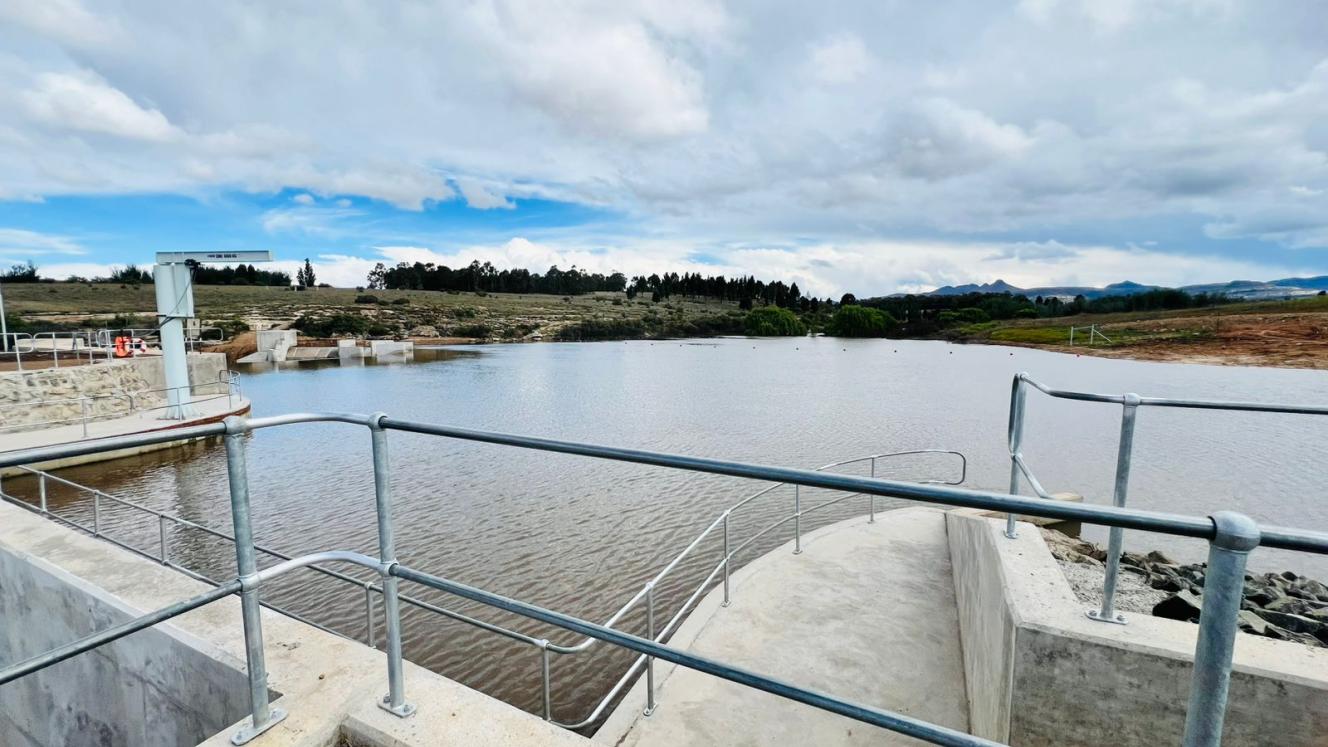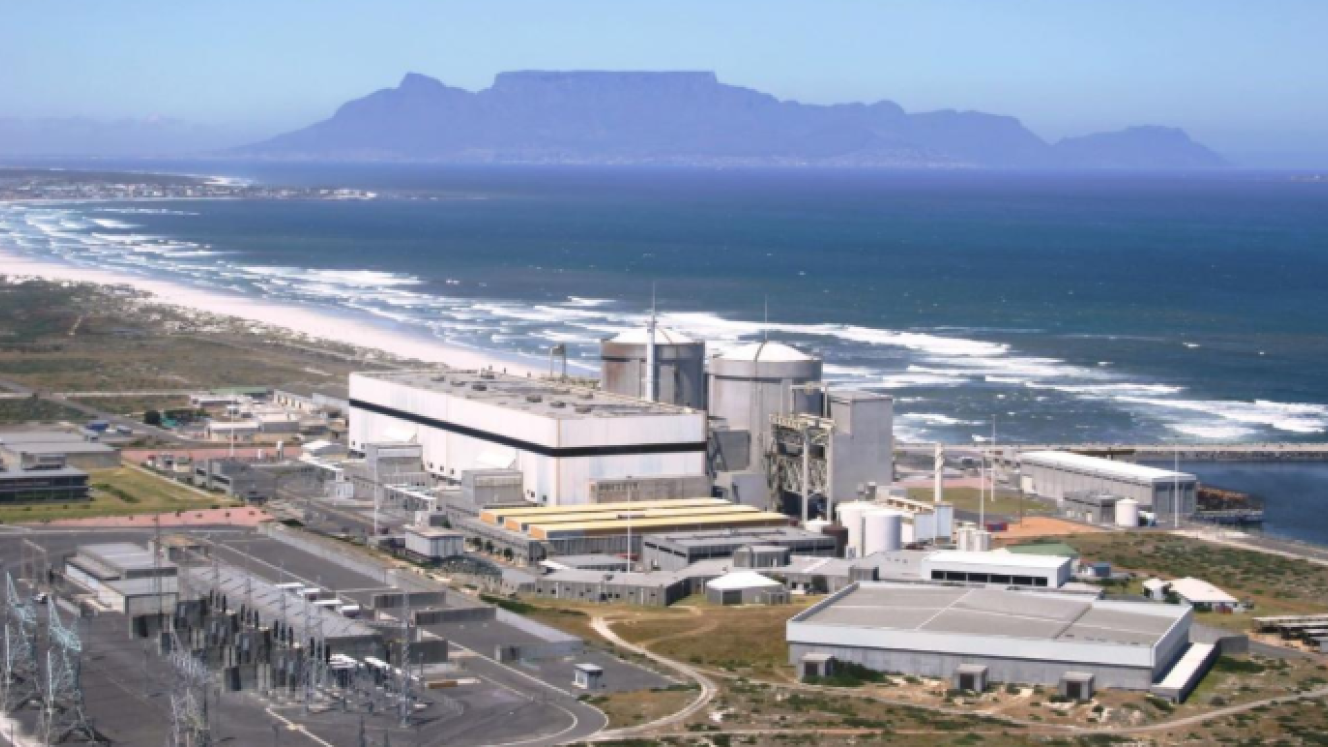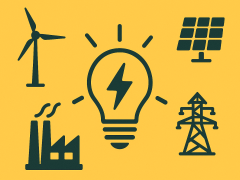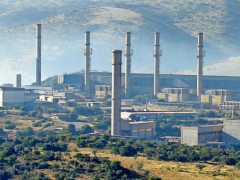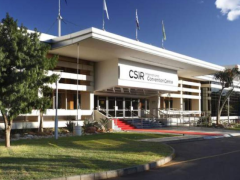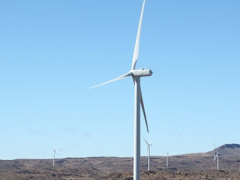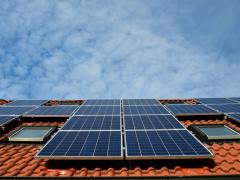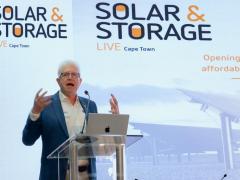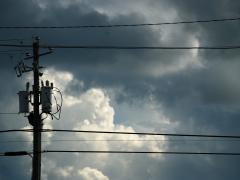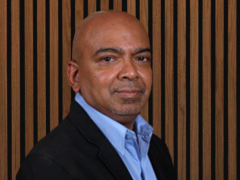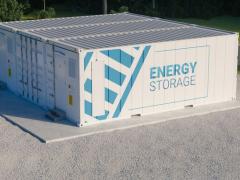A new 5 MW hydropower plant near Clarens in the Free State is now supplying renewable electricity directly to commercial buildings via the national grid – the first hydropower facility in South Africa to be integrated into a building-level wheeling solution. The Boston Hydro plant began commercial operations on October 17.
Developed and operated by Serengeti Energy on the Ash River within the Lesotho Highlands Water Project, the run-of-river plant is expected to generate about 30 GWh of electricity annually. Under a private power purchase agreement (PPA), trader Etana Energy wheels the electricity to Growthpoint Properties, which has signed a long-term offtake agreement and acquired a 30% equity stake in the project.
Boston Hydro uses a controlled flow from the Lesotho Highlands Water Project to provide baseload renewable power. With upstream storage equivalent to roughly three years’ water supply, the scheme ensures stable generation and reduces exposure to rainfall variability and climate-related risks, Anton-Louis Olivier, CEO of Serengeti Energy, says. The plant can pass around 40 tonnes of water per second at a head of 16 m.
The plant uses turbine and generator technology supplied by Andritz (Austria) and Indar (Spain) with civil works and balance-of-plant systems delivered by South African contractors. Designed for a lifespan of more than 60 years, Boston Hydro is expected to avoid over 28 000 tonnes CO₂ emissions annually.
The project is part of a larger 195 GWh per year PPA with Etana Energy that will supply Growthpoint’s properties nationwide via wheeling with wind and solar generation to be added from 2026. Through Growthpoint’s e-co₂ wheeling framework, electricity from Boston Hydro is matched to consumption at 10 commercial buildings in Sandton. Tenants receive renewable energy certificates verifying their share of the electricity, which can be used for emissions reporting and ESG compliance.
“Hydropower is a beneficial addition to our power mix as it is clean and renewable. Furthermore, it has a firm output, meaning it is not short-term intermittent like solar or wind power, and can be very cost-effective over the life cycle of the project,” says Estienne de Klerk, CEO of Growthpoint Properties South Africa.
A more in-depth article on the project will appear in the November issue of Energize.
